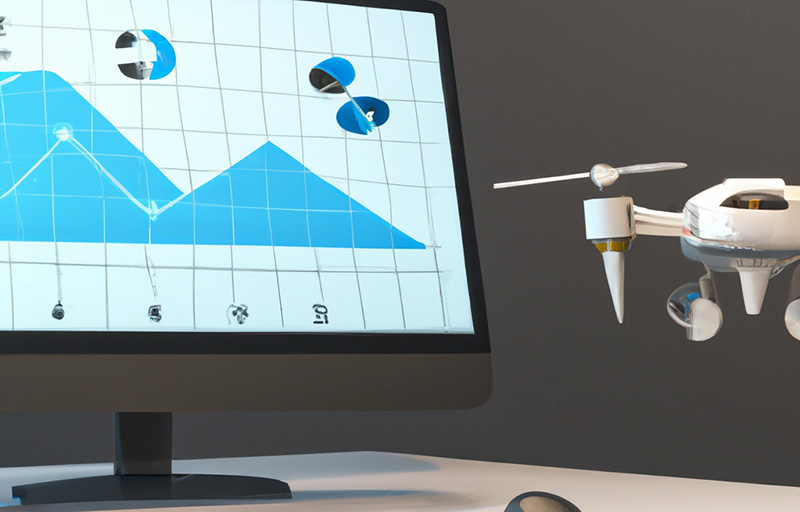April 05, 2023

Want to develop a system that can schedule autonomous robots? Interested in using artificial intelligence (AI)? Fascinated by the idea of flying cars?

Undergraduate students interested in emerging technologies are invited to apply for a new immersive research program at Mizzou. The Research Experiences for Undergraduates Site, funded by the National Science Foundation, will focus on research around prescriptive analytics for operations engineering enabled by artificial intelligence (AI). Suchi Rajendran, an assistant professor of industrial and systems engineering, is Principal Investigator and site director.
“In recent years, the adoption of prescriptive analytics — an integration of machine learning and operations research methods — has enabled data-driven planning and decision making in three main sectors of the economy: service, manufacturing and agriculture,” Rajendran said. “Our goal is to develop an REU site that will not only equip students with the required knowledge to work with the technologies being used in these fields, but also provide them with the skillset to conduct research on delivering intelligent and scalable prescriptive analytics solutions to real-world problems.”
The REU will be open to 10 undergraduate students from any university, including Mizzou, who have a base knowledge of data analytics. Participants will spend 10 weeks over the summer months building upon existing research projects at Mizzou Engineering, including work around scheduling models for transfer robots, blockchain systems used to improve healthcare processes, routing algorithms for unmanned drones and air taxis, and using deep learning models.
“The student projects in our REU Site build upon the transformative research conducted by faculty mentors in prescriptive analytics methods across different sectors,” Rajendran said. “It also allows participants to work with graduate students on the team who can then serve as mentors.
Over the course of the REU, participants will read existing literature, gather datasets and formalize solutions with assistance from mentors. Students will then finalize solutions they will present at the end of the program. Teams will have the opportunity to submit a paper on their findings to academic journals or conference proceedings.
“Ultimately, I want undergraduates to be comfortable doing research and disseminating that research,” Rajendron said. “I want them to see how we transform knowledge into research that can then be applied to real-world problems.”
Learn more about the REU and apply here.